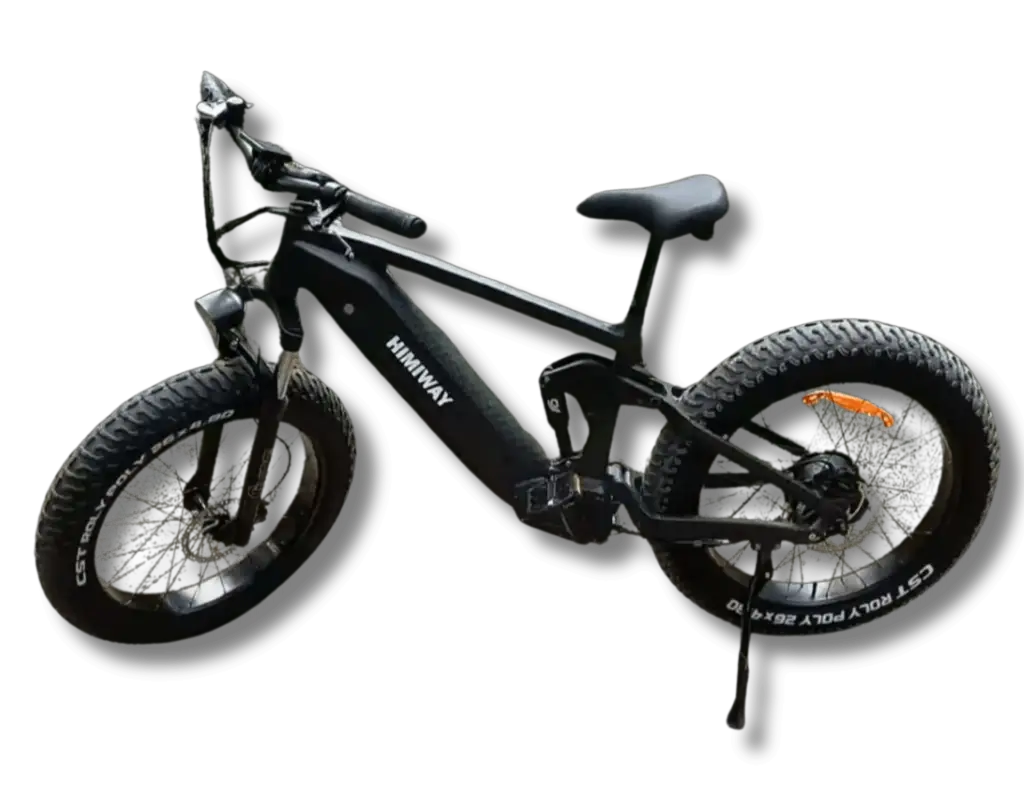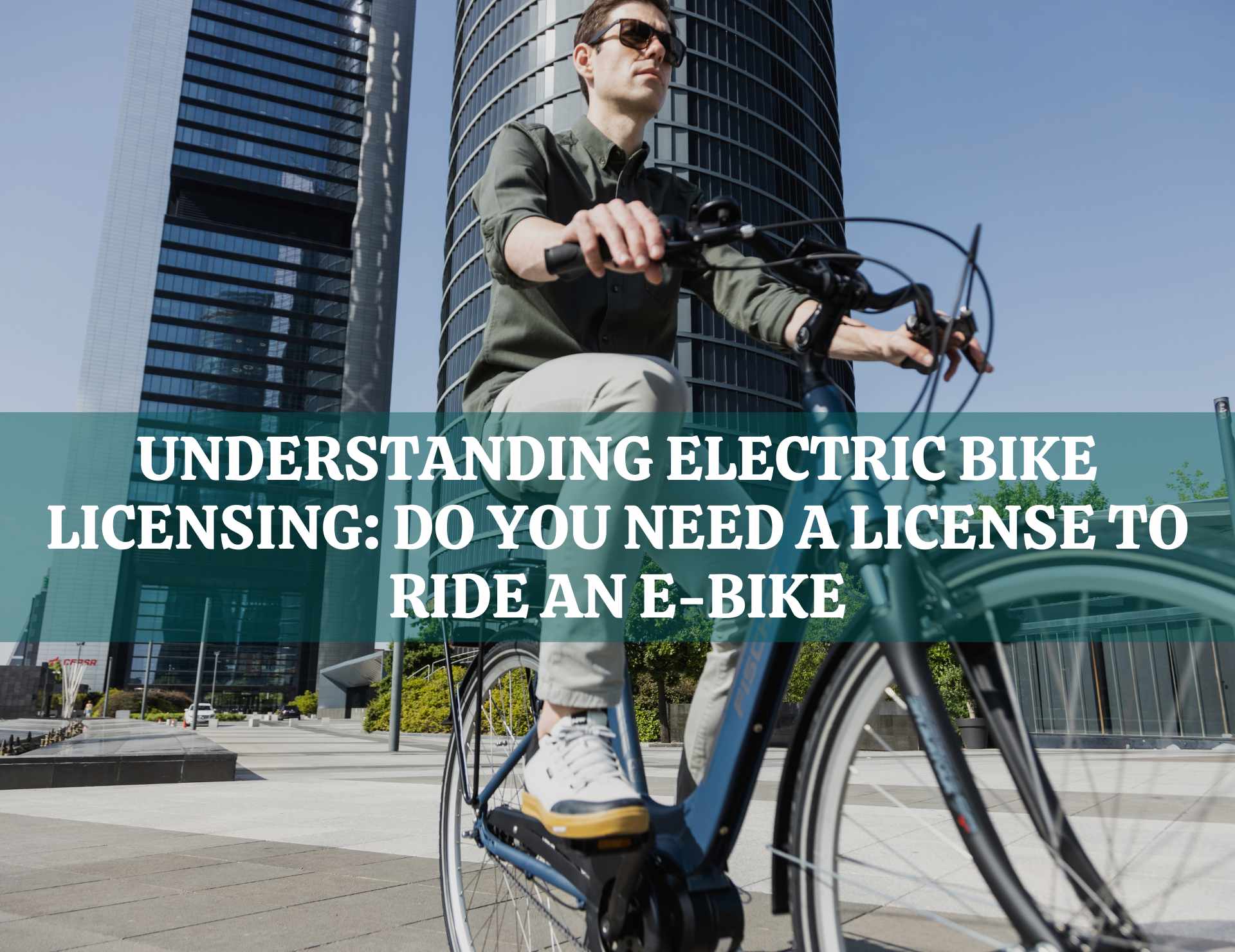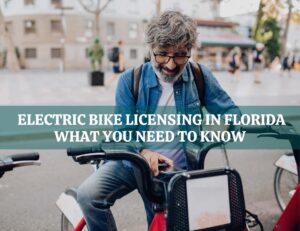In this article, we dive into the question of whether you need a license to ride an electric bike. We explore the various factors that determine licensing requirements, including the type of electric bike, local regulations, and age restrictions. Additionally, we’ll discuss the benefits of obtaining a license even if it’s not legally required.
Do I Need a License to Ride an Electric Bike?
Electric bikes, also known as e-bikes, are becoming increasingly popular for commuting and recreation. One of the common queries among potential riders is whether they need a license to operate these vehicles. The answer varies depending on several factors.
In many places, electric bikes that meet certain criteria are treated similarly to traditional bicycles, meaning they don’t require a specific license to operate. These criteria often include a maximum speed limit for the bike’s motor, typically around 20-28 miles per hour (32-45 kilometers per hour).
As long as your e-bike falls within these speed limits and meets other local regulations regarding motor power and operation, you may not need a license.
However, it’s crucial to check the specific laws and regulations in your area, as they can vary significantly. Some regions may require a license or permit for certain types of electric bikes, especially those with higher speeds or power levels. Additionally, age restrictions may apply, with younger riders needing supervision or specific permits to ride e-bikes legally.

Understanding Local Regulations
When considering whether you need a license for your electric bike, it’s essential to understand the local regulations that govern e-bike usage. These regulations can vary widely from one area to another, so what’s permissible in one location might not be allowed in another.
In some regions, electric bikes are classified into different categories based on their power output and speed capabilities. For example, Class 1 e-bikes have pedal assistance and a maximum motor-assisted speed of 20 mph (32 km/h), while Class 2 e-bikes also have a throttle but with the same speed limit. Class 3 e-bikes can reach speeds of up to 28 mph (45 km/h) but may be subject to stricter regulations, including licensing requirements.
Local authorities often provide guidelines or resources regarding e-bike regulations, including whether a license is necessary and how to obtain one if needed. Checking with your city or state’s transportation department or cycling advocacy groups can provide clarity on licensing requirements specific to your area.

Benefits of Obtaining a License
Even if your jurisdiction doesn’t require a license for electric bike operation, there are several benefits to consider in obtaining one voluntarily. First and foremost, obtaining a license demonstrates a commitment to safety and responsible riding. Many licensing programs include education on traffic laws, bike maintenance, and safety practices, which can enhance your riding experience and reduce the risk of accidents.
Additionally, having a license may grant you access to certain bike lanes or trails that are restricted to licensed riders. This can improve your commuting routes or recreational options, providing a more enjoyable and efficient riding experience. Some insurance companies also offer discounts or incentives for licensed e-bike riders, recognizing the added training and responsibility that comes with obtaining a license.
Ultimately, while a license may not be legally required for electric bike operation in many areas, it can offer valuable benefits and peace of mind for riders who prioritize safety and compliance with local regulations.

Conclusion
In conclusion, whether you need a license to ride an electric bike depends on various factors such as the type of e-bike, local regulations, and age restrictions. While many jurisdictions do not require a specific license for most electric bikes that meet certain criteria, it’s essential to research and understand the laws in your area to ensure legal compliance and safe riding practices.
Even if not mandated, obtaining a license can offer valuable benefits in terms of safety education, access to restricted areas, and potential insurance incentives.
FAQs
Do I need insurance to ride an electric bike?
Insurance requirements for electric bikes vary depending on your location and the type of e-bike you own. In many places, insurance is not mandatory for electric bikes that meet certain criteria, such as maximum speed limits and power output. However
it’s recommended to check with local authorities or insurance providers to understand any insurance requirements or optional coverage available for e-bike riders.
Can I ride an electric bike without a helmet?
Helmet requirements for electric bike riders also depend on local regulations. In some areas, wearing a helmet is mandatory for all cyclists, including those on electric bikes, while other places may have specific helmet laws only for certain age groups or types of e-bikes.
To ensure safety and legal compliance, it’s advisable to always wear a helmet when riding an electric bike, regardless of legal requirements.
Are there age restrictions for riding electric bikes?
Age restrictions for electric bike riders vary by jurisdiction and may depend on the type of e-bike being ridden. Some areas impose minimum age requirements for operating electric bikes, especially those with higher speeds or power levels.
Younger riders may need supervision, training, or specific permits to ride e-bikes legally. Check local laws and regulations to determine age restrictions applicable to electric bike riding.
Can I ride my electric bike on bike paths and trails?
Whether you can ride your electric bike on bike paths and trails depends on local rules and classifications of e-bikes. In many areas, Class 1 and Class 2 e-bikes with pedal assistance and limited speeds are allowed on bike paths and trails designated for bicycles.
However, Class 3 e-bikes with higher speeds may have restrictions or require licensing for access to certain paths. Check with local authorities or trail managers for specific guidelines regarding e-bike usage on trails.
Do I need a driver’s license to ride an electric bike?
In most cases, a driver’s license is not required to ride an electric bike that meets legal criteria for bicycles. However, some jurisdictions may have specific regulations regarding motorized vehicles, including electric bikes, which may require a driver’s license or permit for certain types or power levels of e-bikes.
Check local laws and regulations to determine if a driver’s license is necessary for electric bike operation in your area.
Can I modify my electric bike to increase its speed?
Modifying an electric bike to increase its speed may impact its legal classification and compliance with regulations. In many places, modifying an e-bike’s motor or speed capabilities beyond legal limits can result in the bike no longer being classified as a bicycle, potentially requiring additional licenses, permits, or vehicle registration.
It’s essential to consult with local authorities or bike experts before making any modifications to ensure legal compliance and safety.










